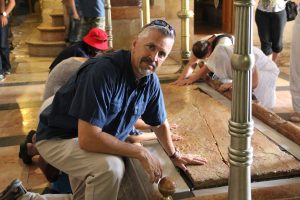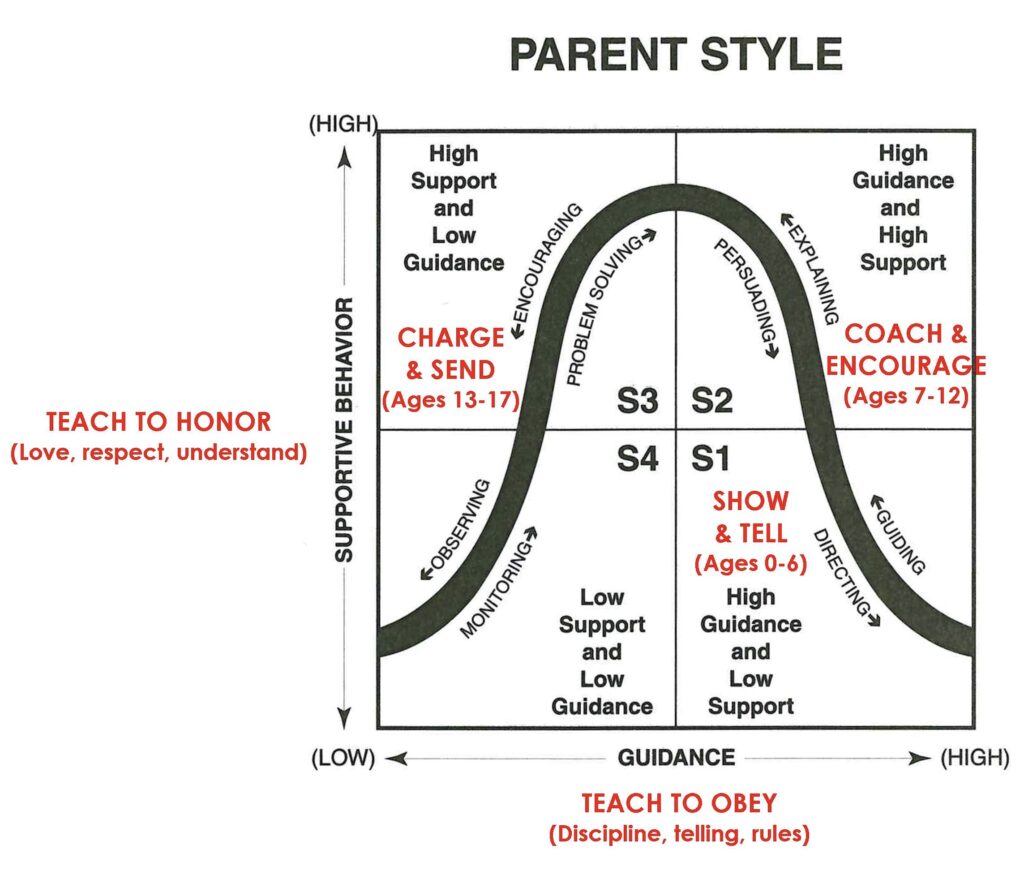Many of you have been asking for a list of the books I’ve been referencing over the past six weeks during our sermon series, “HEAVEN: It’s Better Than You Ever Imagined.” So I thought I’d post about it today. Here are some of the books I read in preparation for the series on heaven..
HEAVEN by Randy Alcorn is like an encyclopedia on heaven. I found Alcorn’s book to be the most quoted by other authors and pastors in their books and sermons on heaven. Other than the Scriptures, Alcorn’s book was the most helpful overall to my study on heaven. Most of the book’s 46 chapters are titled as questions, like: “What is life like in the present heaven?” Or “Will we be ourselves?” Or “Will we eat and drink on the new earth?” It’s 778 pages means that it’s not a book to read in one sitting, but if you’re looking for a comprehensive book on what the Bible says about heaven, this is the one. As Rick Warren said of the book, “This is the best book on Heaven I’ve ever read.”
The two books that I found most helpful to preparing my sermon series on heaven were The Real Heaven: What the Bible Actually Says by Chip Ingram and A Place Called Heaven: 10 Surprising Truths About Your Eternal Home by Robert Jeffress. Both of these books are very easy to understand and clearly come out of both of these pastor’s own sermons on heaven. This makes both books very readable for the lay person and very helpful to the young pastor who might need help organizing a sermon series on heaven. Both books quote freely from Alcorn’s book.
Two other books that I found very helpful are All About Heaven by David Oliver and The Glory of Heaven: The Truth About Heaven, Angels, and Eternal Life by John MacArthur. Oliver’s book was motivated by the death of his 38 year old son after a short but courageous fight with cancer. This makes his book very heartfelt and helpful for the one who might be grieving the loss of a loved one. MacArthur’s book, like the two books by pastors mentioned above, comes out of his preaching ministry. It contains clear exposition of the Scriptures on heaven, yet MacArthur is also willing to imagine what heaven might be like from his biblical studies.
A book that I didn’t quote as freely from in my series on heaven is Surprised by Hope: Rethinking Heaven, the Resurrection, and the Mission of the Church by N. T. Wright. I appreciated Wright’s book in that in clarified the difference between the intermediate state, or what I’ve been calling the “Present Heaven” or “Paradise,” and the New Heavens and the New Earth. Wright offers a needed correction to the way we often muddle the intermediate state and the final state together. His book makes it clear that God’s ultimate plan for redeemed humanity is to be raised up with new bodies living in the new heavens and a new earth. However, his book fails to offer much about the Present Heaven.
Another book that I didn’t quote from very much that really affected me emotionally is Preparing for Heaven: What Dallas Willard Taught Me About Living, Dying, and Eternal Life by Gary Black, Jr. As many of you know, I was able to attend a conference with Dallas Willard some years ago and got to go out to dinner with him and spend personal time with him. Our time together had a profound affect on me. He was both brilliant and humble. He treated my like family. I’ve read most of his Christian books and have felt mentored by Dallas through them. So to read of Dallas’ thoughts on heaven as well as Black’s record of his last words as he sat by his bedside in his final moments, was very moving to me. This book is less about an organized study of heaven and more about moving you to be prepared for heaven.
I read many other books on this topic, but these were the ones I leaned on most heavily for my sermon series. I also listened to dozens of sermons on heaven by David Jeremiah, John MacArthur, Colin Smith, Chip Ingram, Greg Laurie, and others. I would commend the sermons by these pastors to you, which are easily discovered on the internet.
I hope this list of books on heaven will bless you as it has me.




















